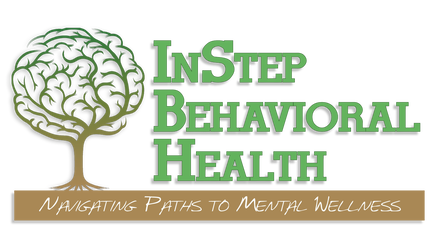Technology and Stress
08/12/2020
Technology is all around us. 96 % of Americans and 99% of people between 18-29 years of age own smartphones. 92% of teens age 13-17 years old are online daily spending an average of 9 hours online.
Can social media, texting or internet access affect stress? Definitely! These are some ways that your stress response can be triggered:
-Fear of missing out (FOMO)
-Ambiguity: what will you think of my post, how many likes will I get, when will you text back?
-Losing a game
-Sensory overload with noises and lights
How can you help yourself?
-Create “no tech” zones for relaxation or study
-Don’t use technology for 30 minutes after studying
-Take 15 minutes before making a decision, to curb an impulse
-Problem-solving skills: what’s the problem, what’s the goal, what are ways to achieve this goal
-Recess, exercise, nature, music, deep breathing
References:
Pew Research Study at: https://www.pewinternet.org/fact-sheet/mobile/.
https://www.perinternet.org/2018/05/31/teens-social-media-technology-2018/
Dunckley, V. (2015) Reset your child’s brain: End meltdowns, raise grades, and boost social skills by reversing the effects of electronic screen time. New World Press: Novato, CA.
Price, C. (2018) How to Break up with Your Phone: The 30-day plan to take back your life. Ten Speed Press: New York.
Christine Anderson, MSEd, LCPC, NCC, CCTP provides individual, couples, and family therapy to adolescents and adults. She helps her clients set achievable goals, learn practical coping skills to handle their stress, improve emotional regulation, strengthen communication, and find balance in their life. Her approach incorporates various therapeutic interventions, tailored to each individual and their situation.
Technology is all around us. 96 % of Americans and 99% of people between 18-29 years of age own smartphones. 92% of teens age 13-17 years old are online daily spending an average of 9 hours online.
Can social media, texting or internet access affect stress? Definitely! These are some ways that your stress response can be triggered:
-Fear of missing out (FOMO)
-Ambiguity: what will you think of my post, how many likes will I get, when will you text back?
-Losing a game
-Sensory overload with noises and lights
How can you help yourself?
-Create “no tech” zones for relaxation or study
-Don’t use technology for 30 minutes after studying
-Take 15 minutes before making a decision, to curb an impulse
-Problem-solving skills: what’s the problem, what’s the goal, what are ways to achieve this goal
-Recess, exercise, nature, music, deep breathing
References:
Pew Research Study at: https://www.pewinternet.org/fact-sheet/mobile/.
https://www.perinternet.org/2018/05/31/teens-social-media-technology-2018/
Dunckley, V. (2015) Reset your child’s brain: End meltdowns, raise grades, and boost social skills by reversing the effects of electronic screen time. New World Press: Novato, CA.
Price, C. (2018) How to Break up with Your Phone: The 30-day plan to take back your life. Ten Speed Press: New York.
Christine Anderson, MSEd, LCPC, NCC, CCTP provides individual, couples, and family therapy to adolescents and adults. She helps her clients set achievable goals, learn practical coping skills to handle their stress, improve emotional regulation, strengthen communication, and find balance in their life. Her approach incorporates various therapeutic interventions, tailored to each individual and their situation.
